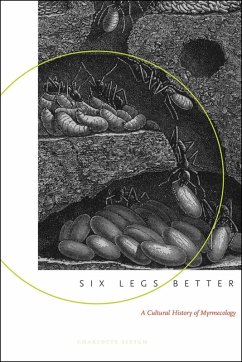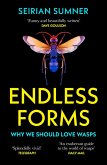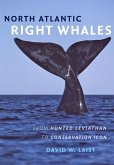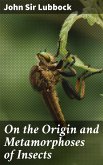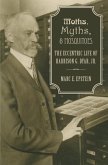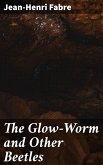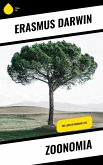This "provocative, complex" cultural history examines how the study of ants influenced shifting perceptions of humanity in the nineteenth and twentieth centuries (Times Literary Supplement, UK). Ants long have fascinated linguists, human sociologists, and even cyberneticians. At the end of the nineteenth century, ants seemed to be admirable models for human life and were praised for their work ethic, communitarianism, and apparent empathy. They provided a natural-theological lesson on the relative importance of humans within creation and inspired psychologists to investigate the question of instinct and its place in the life of higher animals and humans. By the 1930s, however, ants came to symbolize one of modernity's deepest fears: the loss of selfhood. Researchers then viewed the ant colony as an unthinking mass, easily ruled and slavishly organized. In this volume, Charlotte Sleigh uses specific representations of ants within the field of entomology from the late nineteenth to mid-twentieth centuries to explore the broader role of metaphors in science and their often unpredictable translations. Six Legs Betterdemonstrates the remarkable historical role played by ants as a node where notions of animal, human, and automaton intersect.
Dieser Download kann aus rechtlichen Gründen nur mit Rechnungsadresse in A, B, BG, CY, CZ, D, DK, EW, E, FIN, F, GR, HR, H, IRL, I, LT, L, LR, M, NL, PL, P, R, S, SLO, SK ausgeliefert werden.

